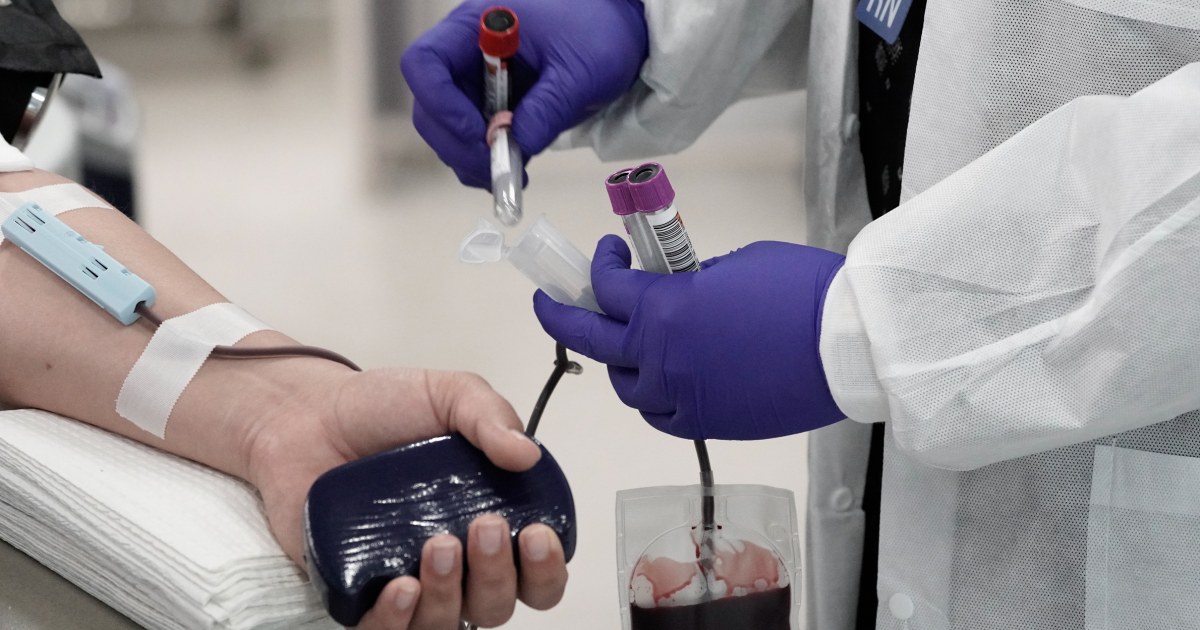Changes to the requirements for donating blood coupled with the pandemic have led to a drop-off in the number of teens and young adults donating blood.
It was a white T-shirt bearing the likeness of Snoopy wearing shades and leaning effortlessly against the iconic American Red Cross logo that prompted a surge in blood donations in the spring of 2023.
“Be cool. Give blood,” the shirt urged. The message — on young people, anyway — was effective. More than 70,000 people under age 35 responded to the call, rolling up their sleeves and giving blood in exchange for the coveted tees.
The need for blood is urgent. Over the holidays, the Red Cross had 7,000 fewer units of blood available than were needed by hospitals, said Dr. Eric Gehrie, the executive medical director of the American Red Cross. The organization speculated it would need about 8,000 additional donations every week in January to ensure that hospitals are fully supplied, he added.



I wonder if the same trend exists here in the UK or other countries with national health service.
I must say paying people to give blood seems like a horrible idea, it incentivizers people with reasons not to give blood such as illness or drug use to lie. Sadly testing and screening isn’t very effective so it would likely cause problems.
I’m from a country with universal health care that is paid via a tax levy that all pay.
We are not paid to donate but we are also provided transfusions for no charge as well.
We do not have the issues mentioned in this article.
We (India) have free healthcare for the poor and subsidised healthcare for everyone else. Blood will therefore be free / discounted at a government hospital, but private hospitals can charge money. Donors must not be paid (including gifts, coupons, etc.) in either case, but some hospitals give a card or token saying you get priority if you ever need blood at that hospital.